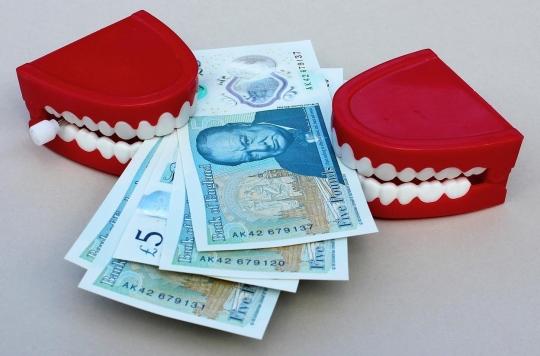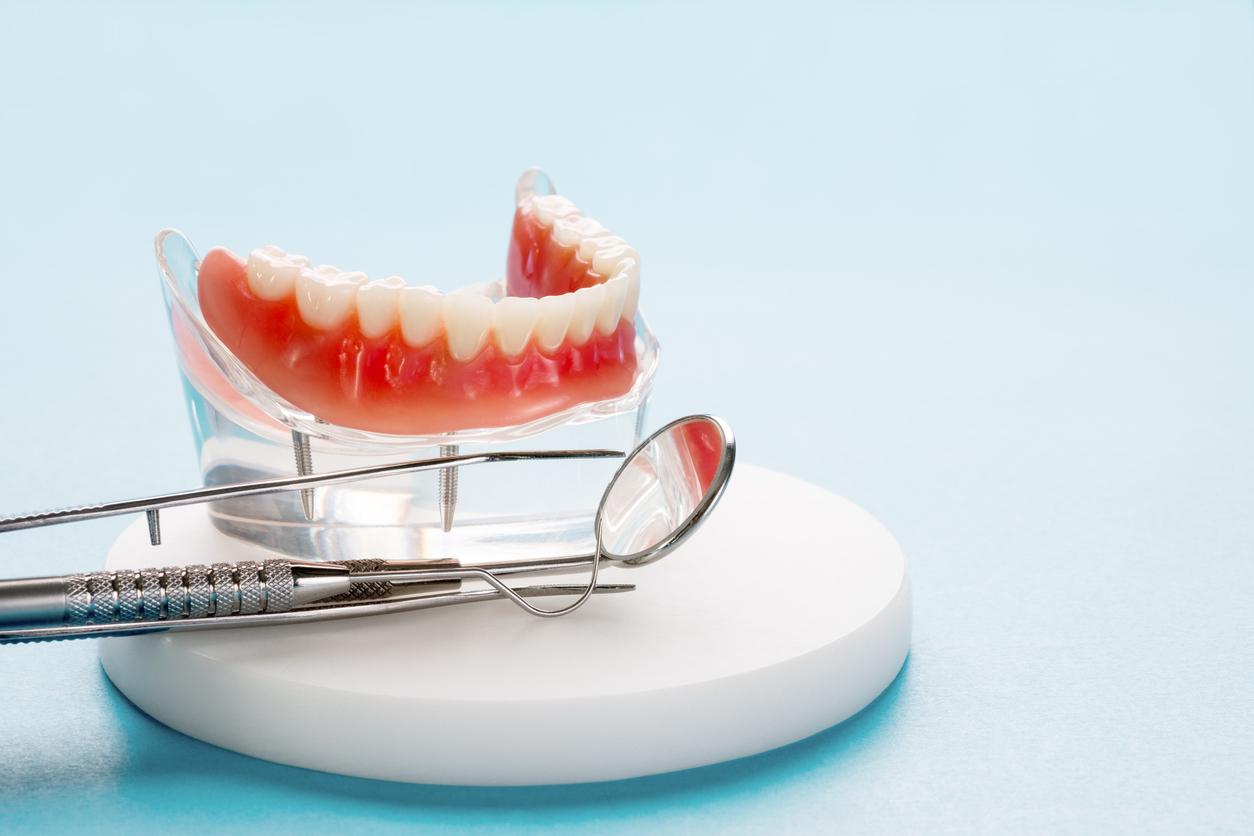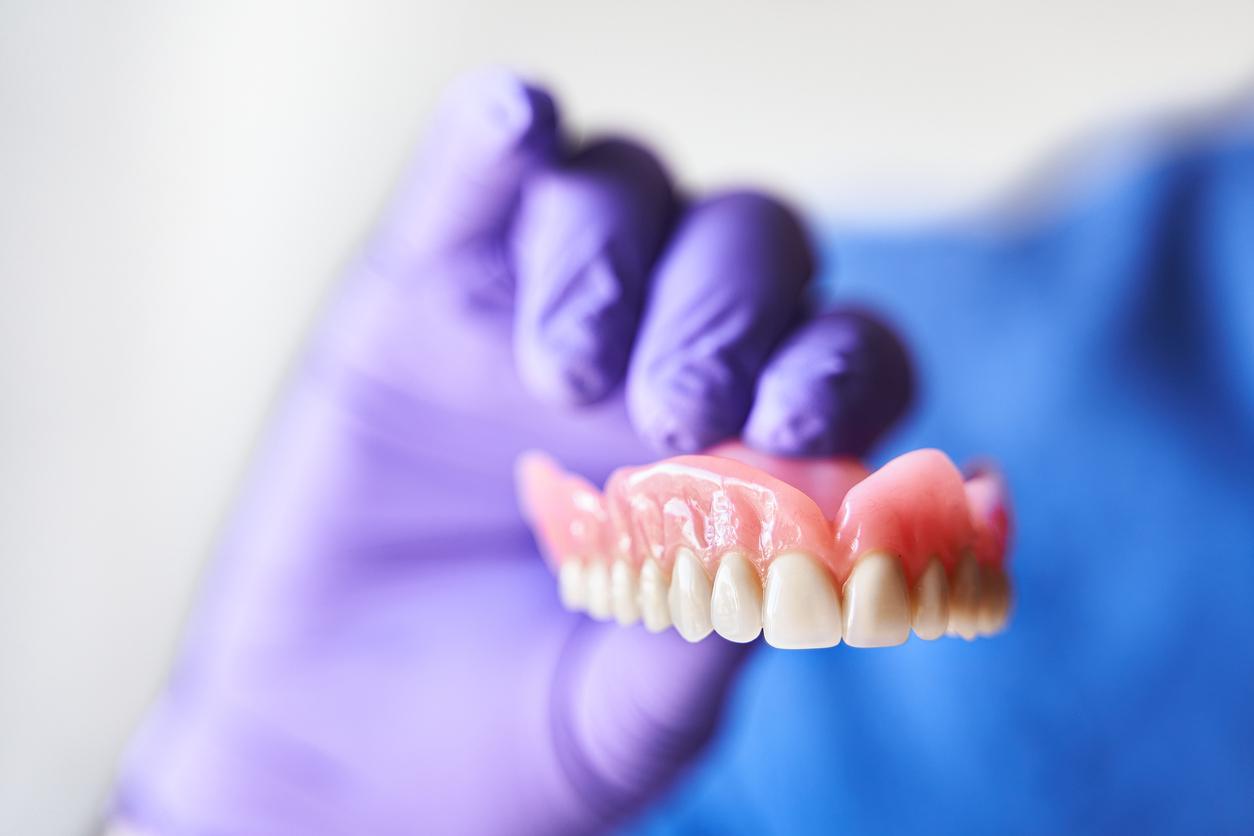The 60 Million Consumers Association denounces significant geographic disparities in the prices of dental prostheses.

Difficult to have a tooth replaced without leaving feathers … in the wallet. In the latest issue of its magazine, the 60 million consumers association looked at on the prices of dental prostheses, by sifting through the data in forty French cities. Results: price differences of up to 30% between cities, while this type of care is very poorly reimbursed.
More expensive prostheses in attractive areas
Unsurprisingly, Paris wins the most expensive city award. The most frequently observed price for fitting a ceramic-metal crown is 704 euros, against 519 euros for the city of Nîmes, the cheapest. Overall, notes the magazine, “dentists charge higher prices in the Paris region, Strasbourg, Lyon, or even in some large cities around the Mediterranean”. For more reasonable prices, go to the Atlantic coast, especially in Brittany and Pays de Loire.
All these price variations draw a pricing landscape “in total disconnection from the reimbursement base of Social Security”, denounces 60 million consumers. And for good reason: the security reimbursement for a metal-ceramic prosthesis amounts to only 75 euros. As for complementary health insurance, they often cap at 200 or 300% of the conventional rate. Hence a remaining charge often amounting to several hundred euros, very dissuasive for some users.
Patients, adjustment variable
On the side of the National Confederation of Dentists’ Unions (CNSD), the reaction was quick. Mocking a “partial and oriented” investigation, the union recalls that 80% of dental acts are performed without exceeding fees, and “at very low rates that should start by putting their real value.” In fact, if the dental surgeons do not seem to be pitied, with an average income higher than 100,000 euros per year, this figure conceals very strong disparities.
Prostheses, one of the few free dental treatments, are in fact the main source of dentists’ fees. Subject to increased competition in attractive areas (metropolitan areas, Atlantic coast), they are adding to the bill for prosthetic care in order to maintain their income. As summarized by Social Security in a 2010 report, dental prostheses thus serve as an “adjustment variable in the face of competition”. And the most disadvantaged patients find themselves in the rut.
Ongoing negotiations
As the CNSD notes, the survey of 60 million consumers does not take place at all times. In his campaign, Emmanuel Macron promised to reduce the remainder to zero for dental prostheses (as well as glasses and hearing aids). Negotiations to this effect, between health insurance and representatives of dentists, resumed on January 23. Discussions with complementary health insurance are also underway.
As always, the basic question is simple: who will foot the bill? As for dentists, we are calling for an increase in the rates for the most common dental procedures, which have been kept very low by health insurance for years. On the side of complementary health, we try to avoid an increase in reimbursements, undoubtedly inevitable. As for health insurance, it has the budgetary difficulties that we know. A complex equation, which Agnèz Buyzin will have to solve in order to hope to restore equal access to dental care.
.

















